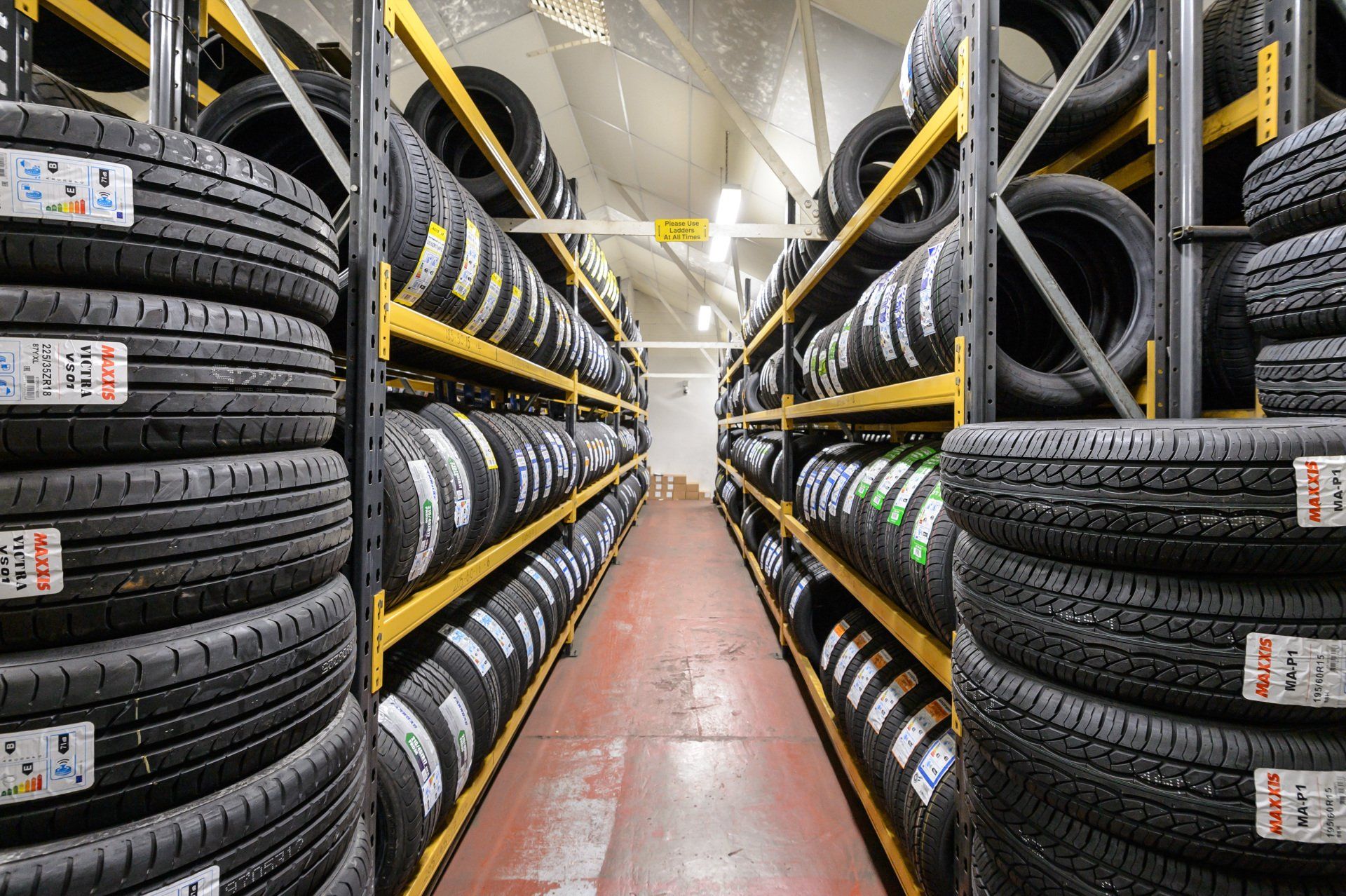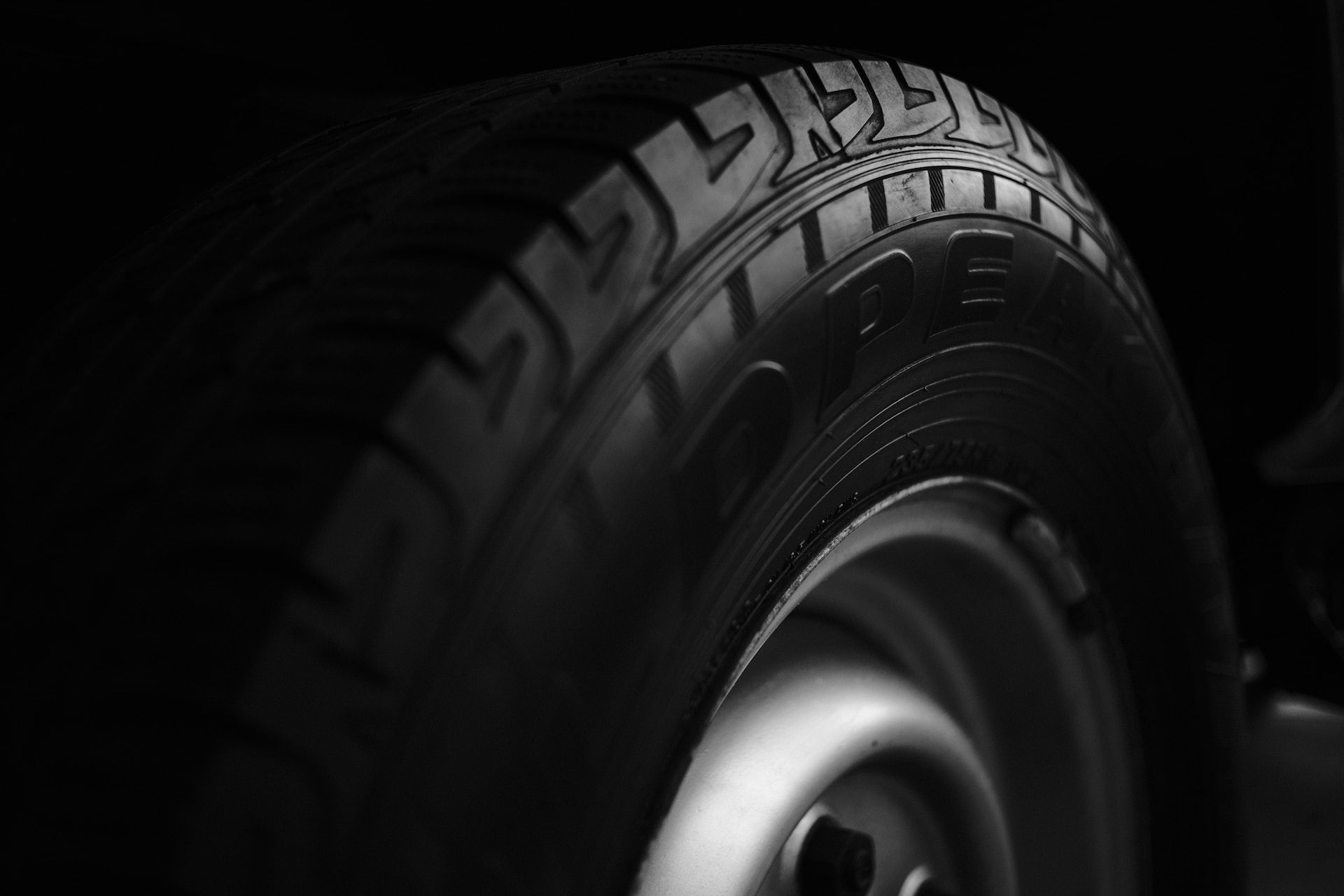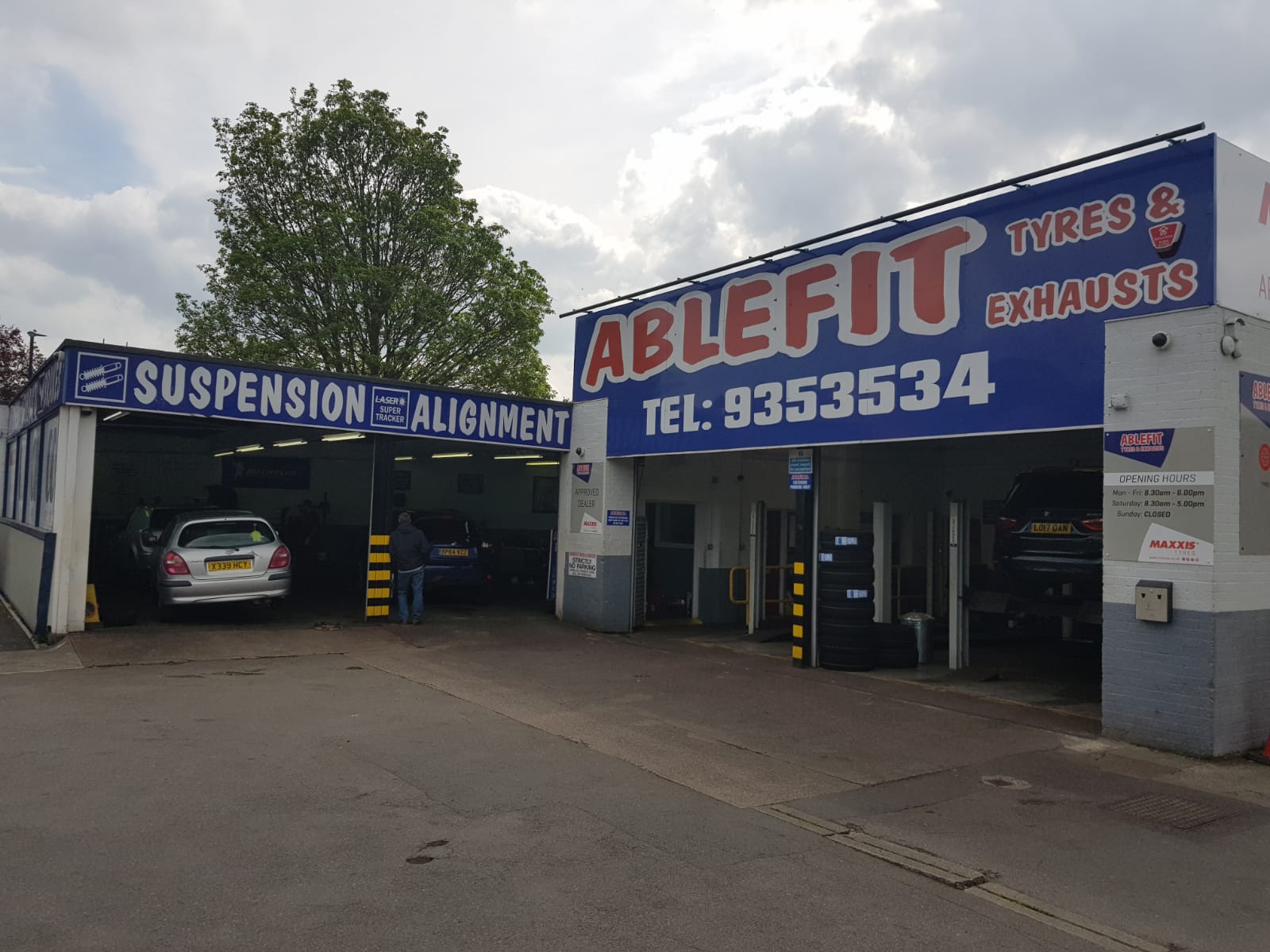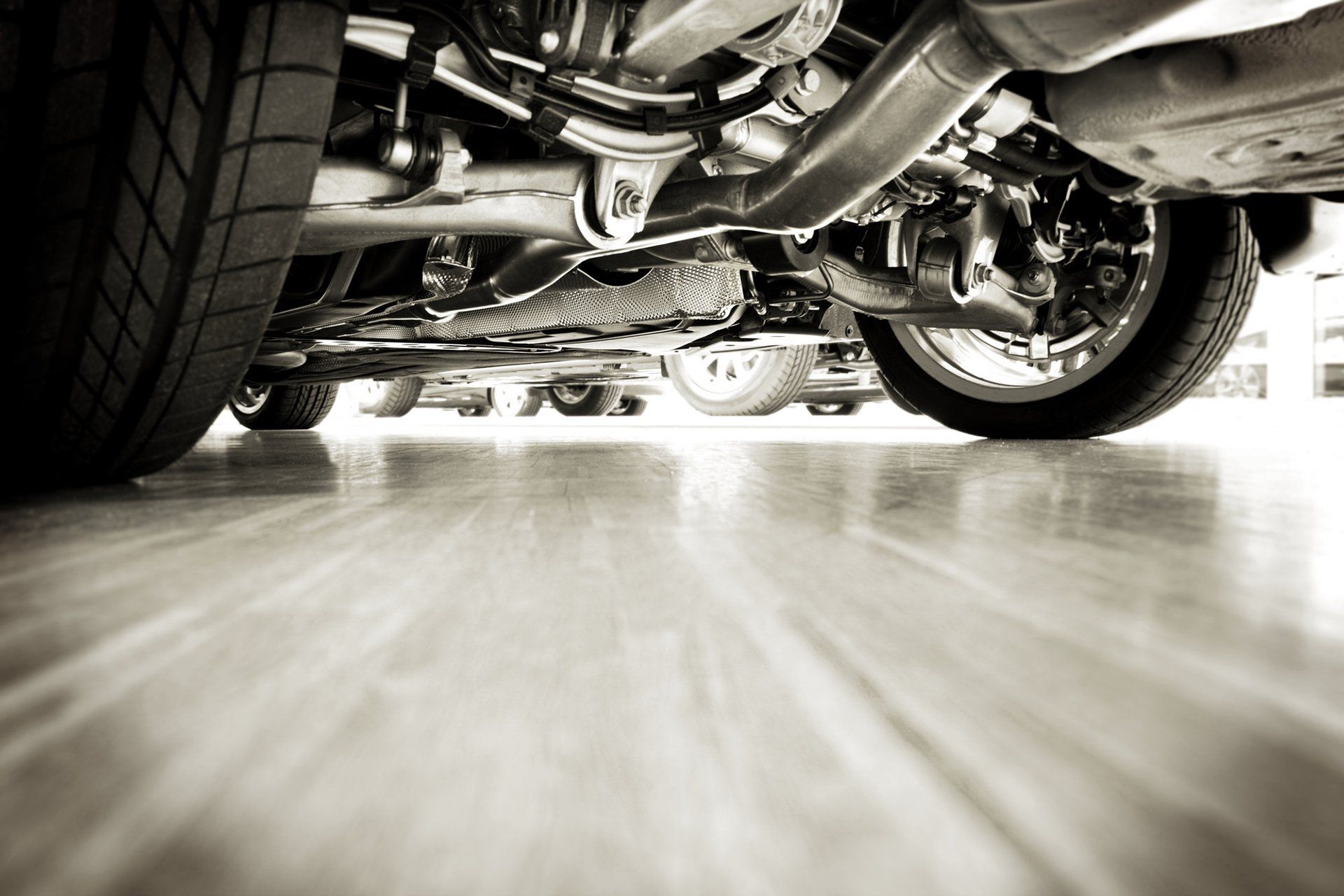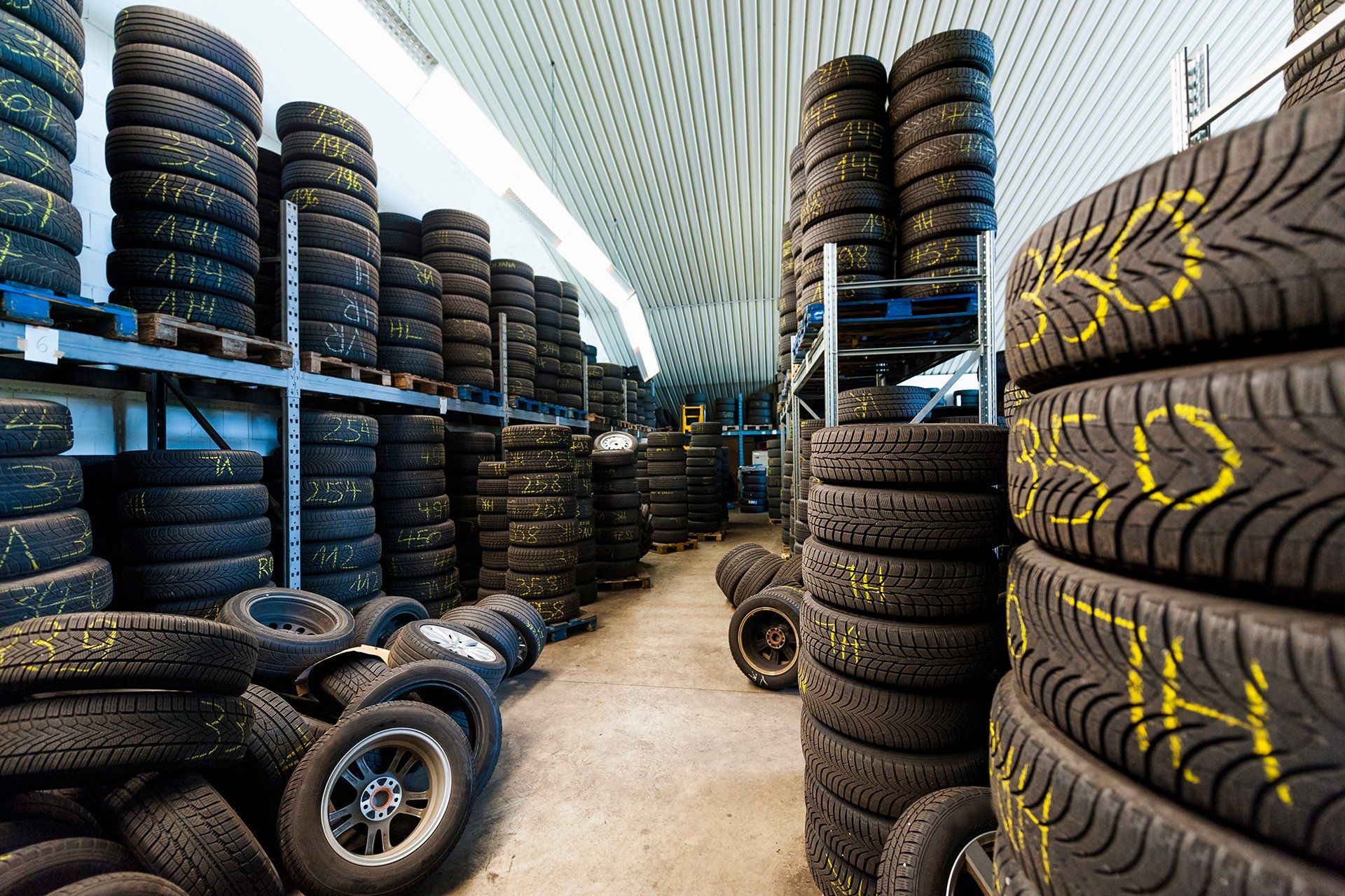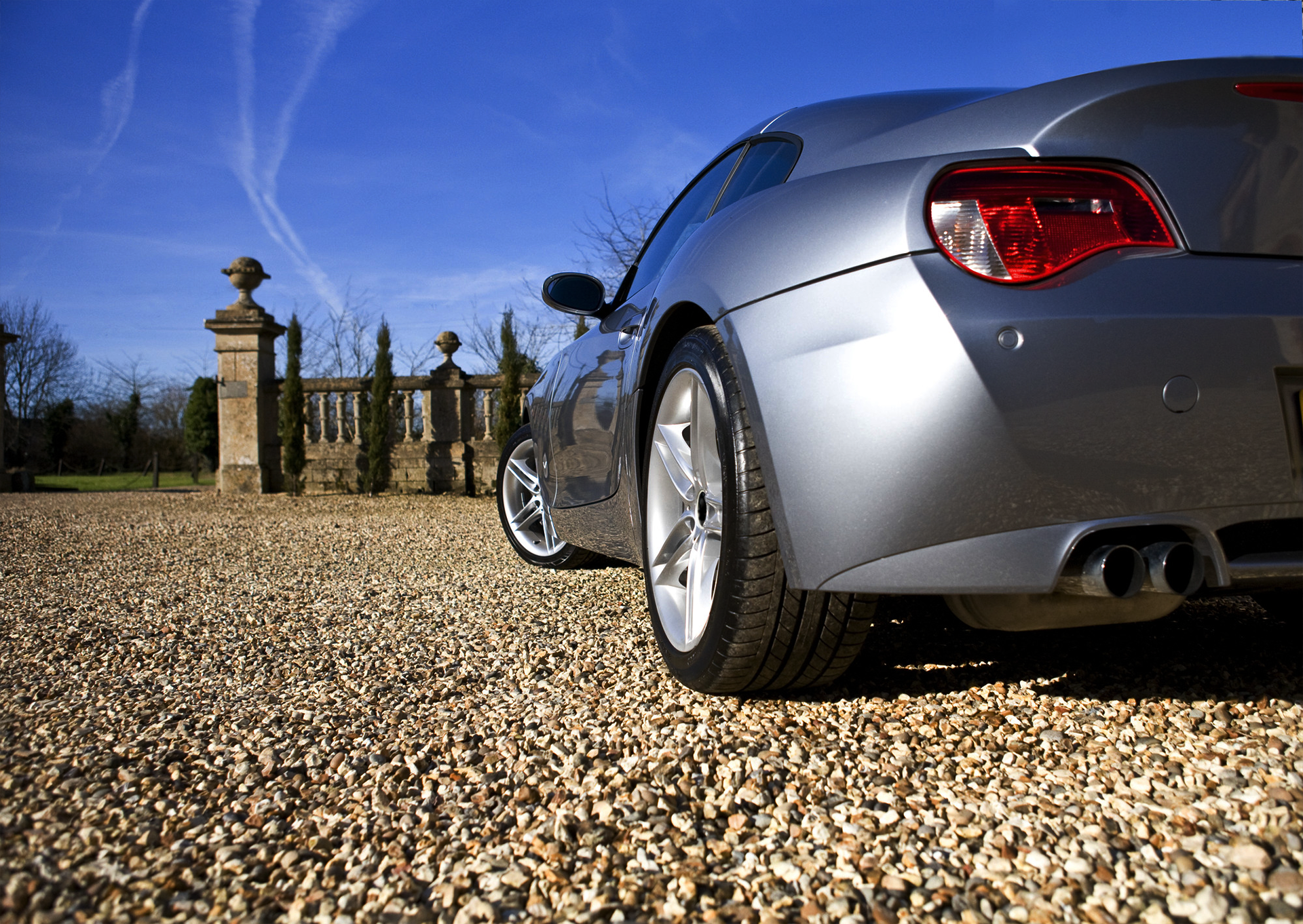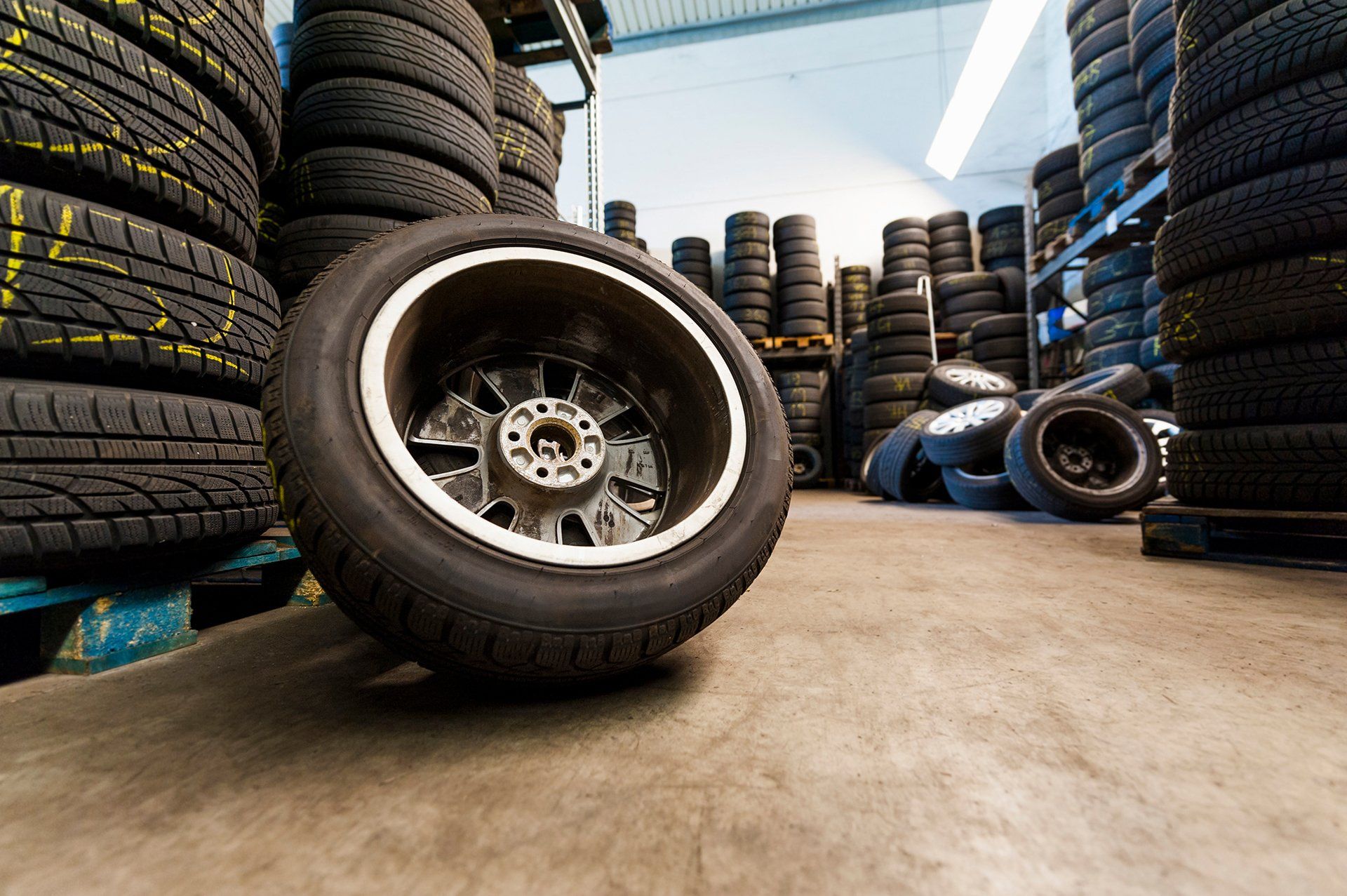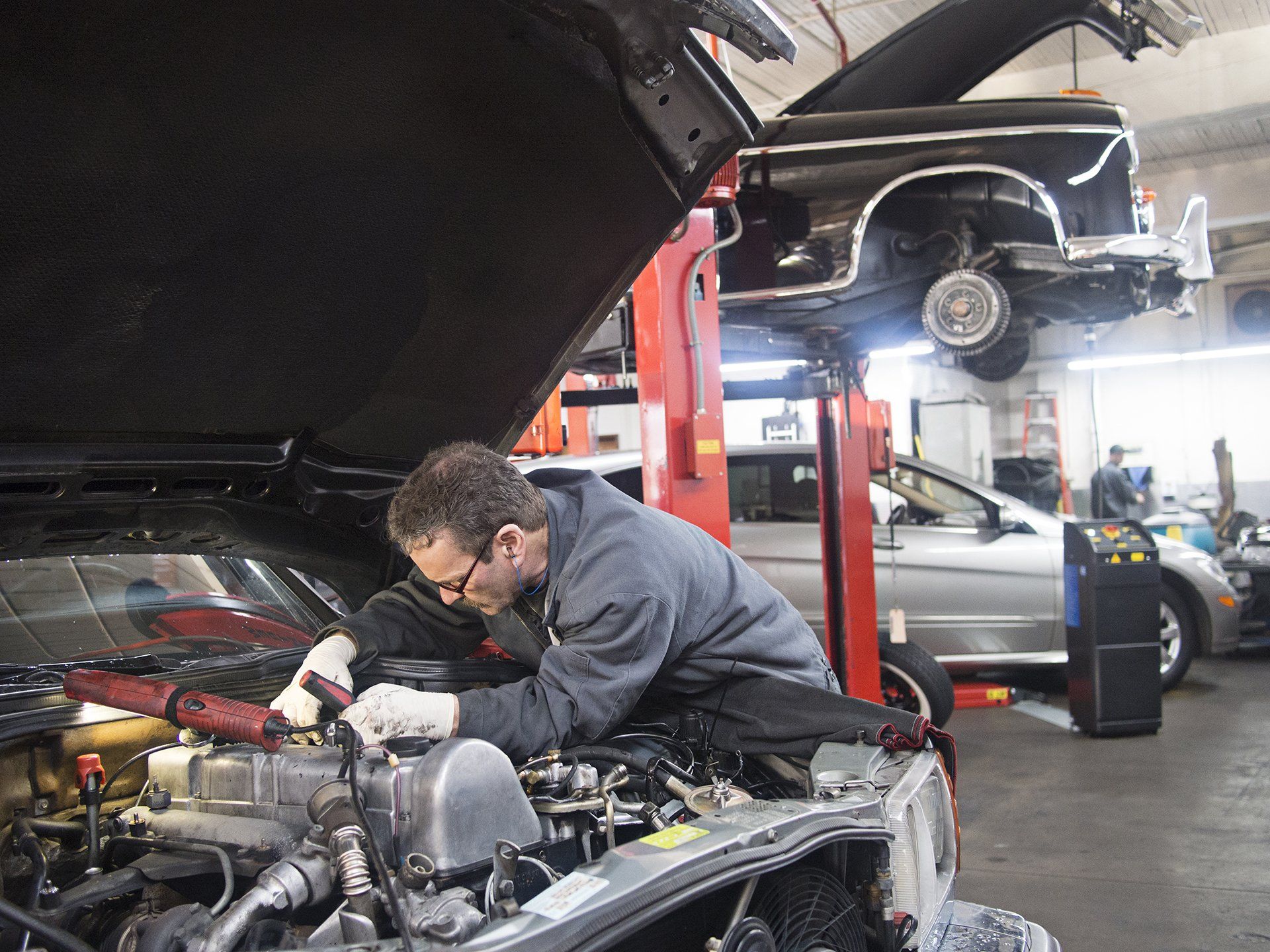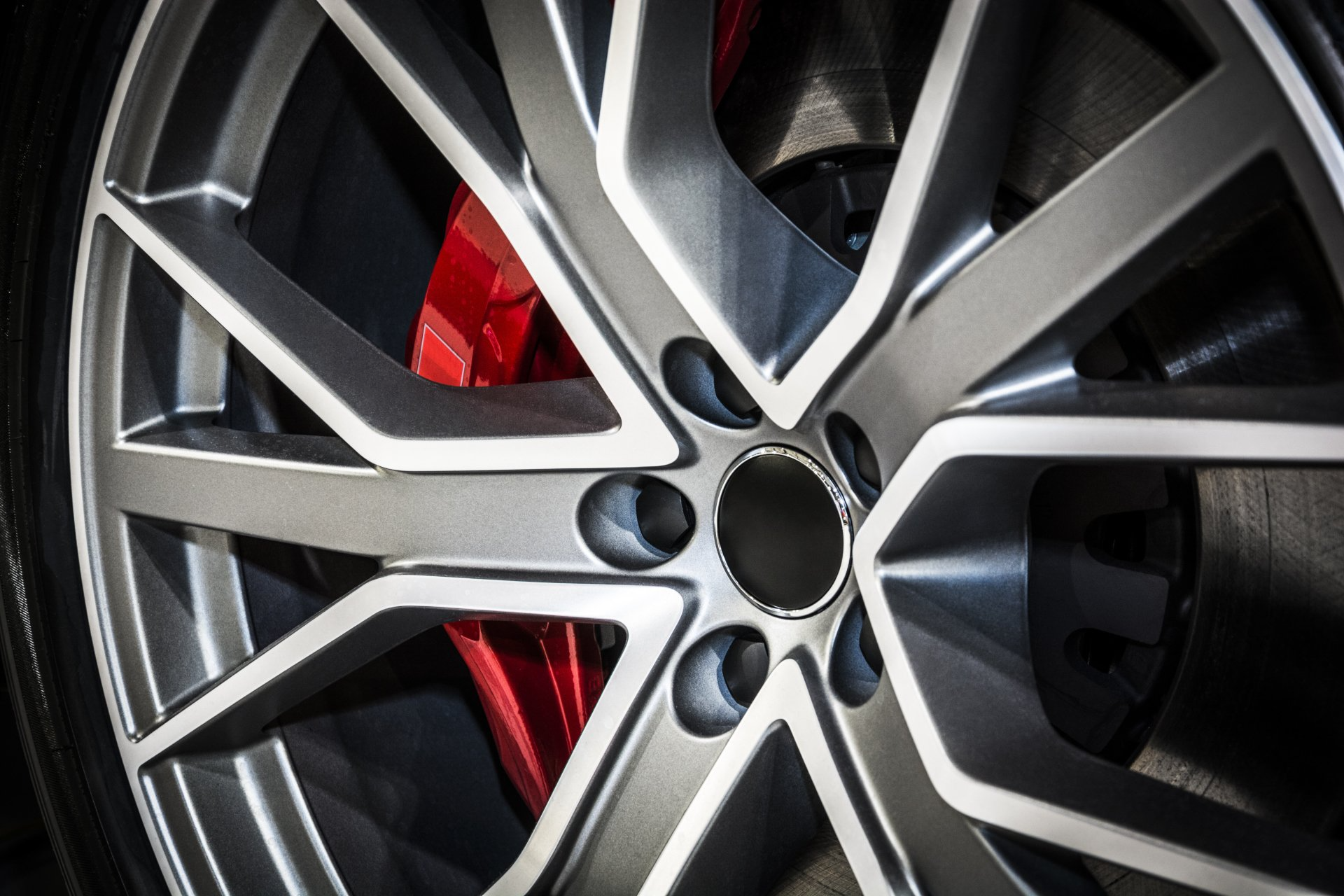Reasons Why Your Car Battery May be Going Flat
If your car battery keeps going flat, here's why:
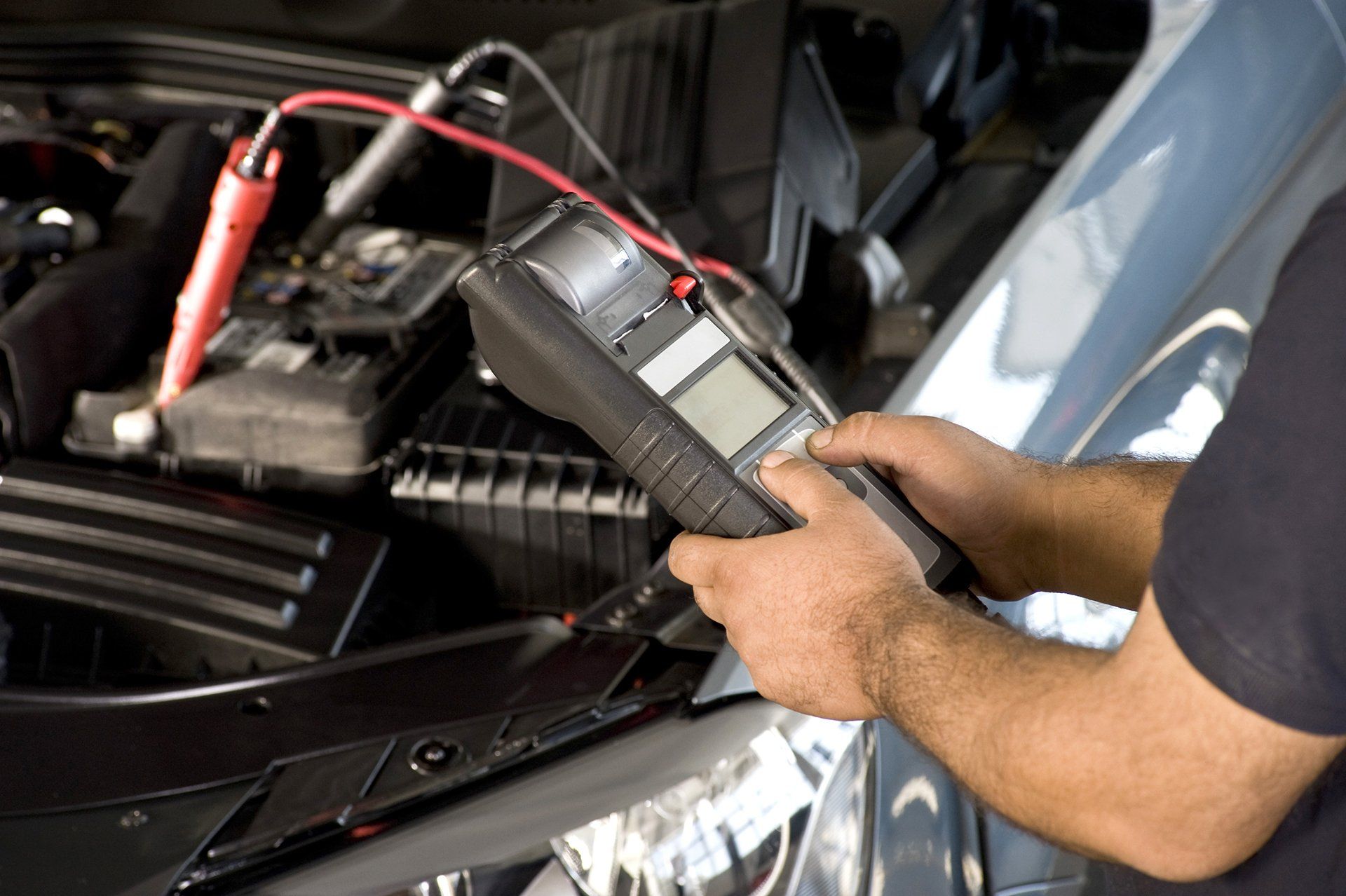
You hop into your car, turn the key, and nothing happens. The dreaded sound of silence indicates that your car's battery is flat. It's a frustrating experience that many car owners have encountered at one point or another. But what causes a car battery to go flat unexpectedly, leaving you stranded and in need of a jump start or a replacement? In this blog, we'll explore some common reasons behind a flat car battery and what you can do to prevent it from happening. Although, if you're already experiencing issues with your car battery, we're on hand to help. Contact our mechanics if you think your car battery needs to be replaced.
1. Age and Wear
One of the most common reasons for a flat car battery is age and wear. Car batteries have a limited lifespan, typically ranging from 3 to 5 years. Over time, the chemical reactions that occur inside the battery degrade its capacity to hold and deliver a charge. If your battery is nearing the end of its lifespan, it may struggle to start your car, especially in extreme weather conditions.
Prevention Tip: Regularly replace your car battery according to the manufacturer's recommendations, usually every 3-5 years. Keeping track of its age will help you avoid unexpected flat battery incidents.
2. Extreme Temperatures
Both hot and cold weather can have a significant impact on your car's battery. In extreme heat, the water inside the battery can evaporate, leading to reduced battery life. On the other hand, cold weather increases the internal resistance of the battery, making it harder for it to deliver power, particularly when starting the engine.
Prevention Tip: If you live in an area with extreme temperatures, consider using a battery insulation kit or parking your car in a garage. Additionally, investing in a battery with a higher
Cold Cranking Amps (CCA) rating can help in colder climates.
3. Leaving Lights On
Leaving your car's lights, interior lights, or any other electronic accessories on when the engine is off can quickly drain the battery. The battery's primary role is to start the engine, and it's not designed to power other electrical components for an extended period.
Prevention Tip: Always double-check that all lights and accessories are turned off before leaving your car. Some modern vehicles have automatic shutoff features to prevent this issue.
4. Parasitic Draws
Even when your car is turned off, some components still draw power from the battery. These can include systems like the clock, radio presets, and security systems. Over time, these parasitic draws can drain the battery if you leave your car parked for an extended period.
Prevention Tip: If you're planning to leave your car unused for an extended period, consider disconnecting the battery or using a battery maintainer to keep it charged.
5. Faulty Charging System
Your car's charging system, which includes the alternator and voltage regulator, is responsible for recharging the battery while the engine is running. If any part of this system fails, the battery may not receive a proper charge, leading to frequent flat battery issues.
Prevention Tip: Have your car's charging system checked regularly, especially if you notice dimming headlights or other electrical issues. Timely maintenance can prevent a flat battery caused by a faulty charging system.
6. Corroded Battery Terminals
Corrosion can build up on the battery terminals over time, creating a poor connection between the battery and the vehicle's electrical system. This can result in difficulty starting the car or a flat battery.
Prevention Tip: Inspect your battery terminals periodically and clean them if you notice corrosion. A mixture of baking soda and water can help remove the buildup.
7. Short Trips
Frequent short trips, where the engine doesn't run for an extended period, can prevent the battery from fully recharging. In such cases, the battery may not have enough time to regain the energy lost during each start, gradually leading to a flat battery.
Prevention Tip: If you make short trips frequently, consider taking longer drives occasionally to allow the battery to recharge fully. Alternatively, you can use a battery maintainer or charger periodically.
8. Electrical System Issues
Various electrical issues in your car, such as faulty wiring, malfunctioning components, or a malfunctioning starter motor, can put additional strain on the battery, causing it to go flat more quickly.
Prevention Tip: Regularly inspect and maintain your car's electrical system, including wiring and components, to ensure they are in good working order.
9. Unused Vehicles
If you have a vehicle that sits unused for extended periods, such as a classic car or a recreational vehicle, the battery can gradually lose its charge due to self-discharge and parasitic draws.
Prevention Tip: In such cases, it's advisable to use a
battery maintainer to keep the battery charged or disconnect the battery when the vehicle is not in use.
Get Help if your car battery is causing you problems
A flat car battery can be a frustrating and inconvenient experience, but many of the common reasons behind it are preventable. Regular maintenance, awareness of your battery's age, and taking precautions in extreme weather can go a long way in ensuring that your car starts reliably. By addressing these potential issues proactively, you can reduce the chances of being left stranded with a dead battery and enjoy smoother, trouble-free drives. Ensuring your car is serviced regularly is the best way to prevent all manner of issues, including with your car battery.

